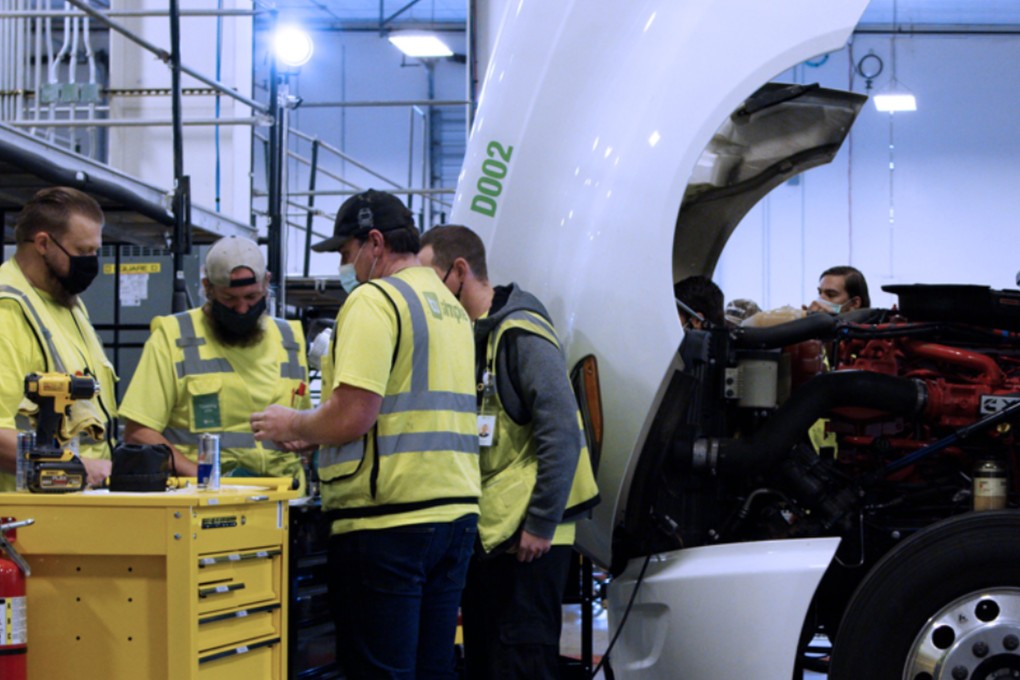TuSimple will continue its drive to Asia-Pacific in wake of autonomous truck firm’s decision to delist from Nasdaq
- TuSimple is shifting its focus to APAC, including China, Japan and Australia, where regulatory support and a strong supply chain can help
- TuSimple this week announced a plan to voluntarily delist from Nasdaq, with its last trading day expected to be around February 7

TuSimple is shifting its focus to APAC, including China, Japan and Australia, where regulatory support and a strong supply chain can help the firm’s commercial goals, Lu said in a Friday interview, as the self-driving industry continues to push for profitability.
“For autonomous trucks, we have to integrate the advanced software capabilities – the virtual driver – with reliable and scalable hardware that includes the truck itself, Tier-1 components coupled with the right use case,” Lu said. “That’s one of the benefits of focusing our business more on APAC because of the maturity of the hardware supply chain.”
The company started test runs of Level 4 autonomous trucks in Japan last year, and conducted full autonomous runs – without a human in the truck – on public roads in Shanghai. Level 4 is considered to be fully autonomous driving, although a human driver can still request control, and the car still has a cockpit.
San Diego, California-based TuSimple, which carried out an initial public offering (IPO) in 2021, announced its plan to voluntarily delist from Nasdaq on Wednesday, with its last trading day on the exchange expected to be around February 7.
The company cited changes in the capital markets for “pre-commercialised companies” and significantly increased stock price volatility as part of its rationale for delisting. It also said being a private firm would help the company better navigate its transformation.
The company’s shares closed at US$0.49 on Thursday, trading around 98 per cent lower than its debut price of US$40.